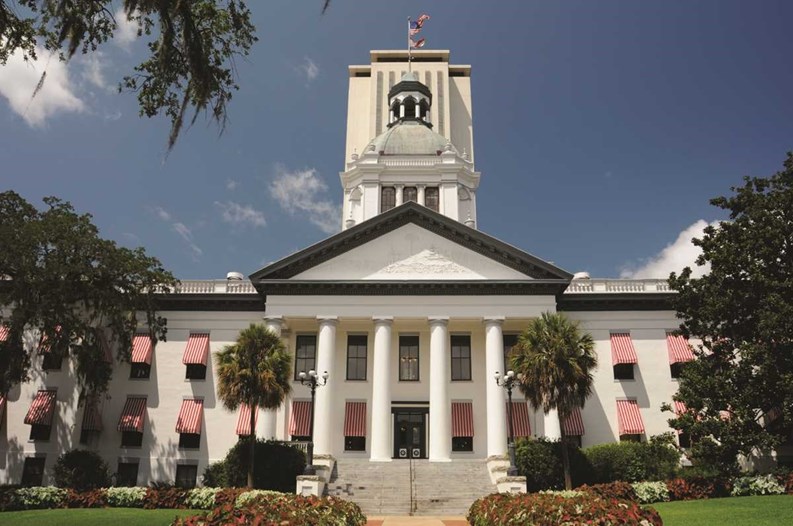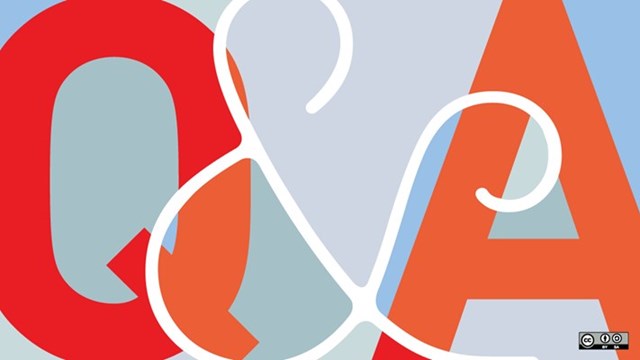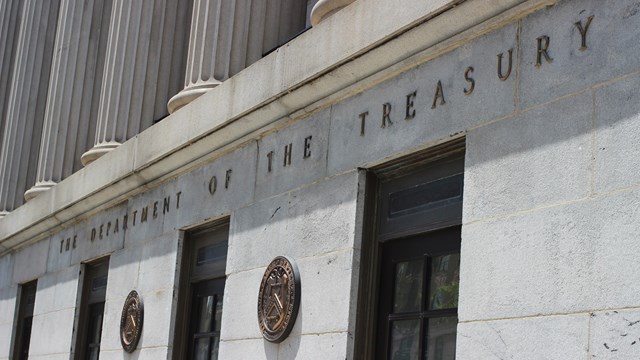Community associations would be authorized to install hurricane-proof doors, delay elevator upgrades, deny to delinquent owners the use of certain amenities and services, and allow more lenient access to records; streamline foreclosure proceedings.
These were just a few of the hundreds of proposals included in more than a dozen bills affecting Florida community associations as the Florida Legislature convened for its 60-day regular session, which in 2013 ran from March 5 through May 3. The lawmakers pondered highly technical tweaks to clarify the intent of previous laws, and sweeping proposals with a major impact on the 8.7 million people who live in 3.5 million dwelling units in the state’s 46,900 community associations, with a total property value estimated by the Community Associations Institute at $508 billion.
This year brought a pent-up demand for legislation. No community association bills were passed in 2012, as the twin imperatives of redistricting and elections preoccupied the lawmakers. “Nobody is running for office in 2013, so the Legislature might actually accomplish something,” one pundit quipped.
A Clean-up Bill
As the session began, the community association bills capturing the most attention were HB 73, sponsored by Rep. George R. Moraitis, Jr. (D-Ft. Lauderdale), and its companion, SB 436, sponsored by Sen. Thad Altman (R-Melbourne).
“This was a cleanup bill,” explained Dawn Bauman, CAI’s vice president of government and public affairs. “We have one of these almost every year. Something in the previous year happens that will create a need to clarify, whether it’s a natural disaster, or a man-made one like the housing crash.” Major aspects of the bill include:
• Hurricane protection.Current laws permit the board of a condominium association to install hurricane shutters, impact glass, or code-compliant windows if the declaration of condominium makes the board responsible for such protection as part of the common elements. HB 73 extends this permission to code-compliant doors or other types of hurricane protection, and says owners who have already installed such protection must receive a credit when everyone else is assessed for the installation.
• Elevator upgrades. HB 73 replaces a 2015 deadline for completing phase 2 firefighter upgrades with a requirement for upgrading when the elevator is replaced or undergoes major modifications. The upgrade involves uniform elevator key, hard-wired alarms, and other complex technology. “A lot of elevators may last five to 10 years before they need to be replaced or modified. Many associations are struggling financially right now. This will give them more time to make costly upgrades,” says Donna DiMaggio Berger, an attorney partner with condo association law firm Katzman Garfinkel & Berger in Margate; and executive director of the Community Advocacy Network (CAN-FL).
• Suspension of use rights.Owners who are in arrears on payment of their assessments or who otherwise fail to comply with their community’s governing documents or rules could have their cable TV service disconnected and be barred from their community’s pool, tennis courts, and other amenities. The provision applies to condos, HOAs, and cooperatives. HB 73 clarifies that it doesn’t extend to access, parking, and basic municipal utilities such as electricity and water.
Regulating HOAs
SB 596, sponsored by Sen. Alan Hays (R-Umatilla), would require the Florida Department of Business and Professional Regulation to regulate HOAs in much the same manner as it now regulates condos and co-ops, and impose on HOAs a $4 per-unit fee to pay for this regulation.
Importantly, the bill provides that if an HOA sues an owner for unpaid assessments, the owner must pay the amount in question into the court registry.
Other provisions include giving regulators the authority to investigate complaints and levy civil penalties before and after turnover of an HOA to the owners, adding turnover triggers to encourage owner control, and requiring a two-thirds vote of owners to amend the governing documents.
Another bill related to association governance is HB 7119 sponsored by Rep. Mike LaRosa, (R-Polk), and co-sponsored by Rep. Frank Artiles, (R-Miami-Dade) and Rep. Joseph Gibbons, (D-Broward, Miami-Dade), with its companion Senate bill, SB580, sponsored by Sen. Alan Hays, (R-Lake). The bill, which passed the House 113-5 on April 25 and the Senate 37-0 on April 26, now goes to the desk of Gov. Rick Scott pending further action. It contains procedural amendments to the HOA act, including disciplinary action against directors violating governing statutes and taking kickbacks or embezzling funds; provisions for recordkeeping, requiring that records be maintained for 7 years, allowing maintenance of electronic records and allowing them to be photographed at no charge; and requiring that HOAs report specific information to the Division of Florida Condominiums, Timeshares and Mobile Homes within the Department of Business & Professional Regulation (DBPR), and also contains a requirement that the HOA maintain insurance or a fidelity bond covering everyone who handles association funds.
Responsibility of Design Professionals
SB 286, sponsored by Sen. Joe Negron (R-Palm City), would allow design professionals—architects and engineers—to include language in their contracts that limits their individual liability for mistakes.
“The bill would still allow a suit against their company, but the business entity may not have enough insurance or assets,” says Yeline Goin, an attorney with Becker & Poliakoff, P.A, and executive director of the Community Association Leadership Lobby (CALL).
“Our concern is that community associations enter into contracts with these folks routinely,” she says. “This issue also impacts anybody who enters into a contract with a design professional, including schools and local governments. It goes against case law. Lawyers, doctors, and accountants aren’t allowed to limit their liability by contract.”
Other Measures
• Hastening foreclosure. Under current law, the community association in a foreclosure case could not file a motion asking the judge to require the defendant to show cause why a final judgment should not be entered. HB 87, sponsored by Rep. Kathleen Passidomo (R-Naples), would give associations standing as junior lienholders in the foreclosure process, so they could move for a show-cause order without waiting for the bank. This is important, Bauman says, because a home in foreclosure may be abandoned and probably isn’t meeting its obligations to the association.
• Extending completion deadline. HB 175, sponsored by Rep. Heather Dawes Fitzenhagen (R-Ft. Myers), was designed primarily to help condo developers sell their units, Goin says. It would allow a developer to extend the deadline for completion of a condominium phase from seven to 10 years, extend the time a clerk may hold money before notifying the registered agent, and revise the arrangements for governance of the community before and during the transition from developer to owner control.
On the Horizon
The Florida Bar has been drafting legislation that would list 21 routine activities as constituting the unlicensed practice of law if performed by a community-association manager rather than an attorney. “The problem is the economic impact on the community association,” Bauman says. “If the board must hire an attorney instead of having the manager handle these responsibilities, the fees would be significantly higher for some of these ministerial tasks.”
This issue arose previously in 1996. The Florida Supreme Court ruled then that managers performing the 21 tasks weren’t engaged in the unlicensed practice of law, and provided a standard for judging other activities in the future based on whether they require “significant legal expertise and interpretation” and “legal sophistication or training.”
In March of 2012, The Florida Bar’s Real Property Probate & Trust Law Section asked the Standing Committee on the Unauthorized Practice of Law to review the 21 activities and seek another Supreme Court opinion. The legislative route would be an alternative to a new Supreme Court opinion. Bauman says CAI and other community-association representatives have been rebuffed in their efforts to discourage The Florida Bar from pursuing the issue.
George Leposky is a freelance writer and a frequent contributor to The South Florida Cooperator.







Leave a Comment